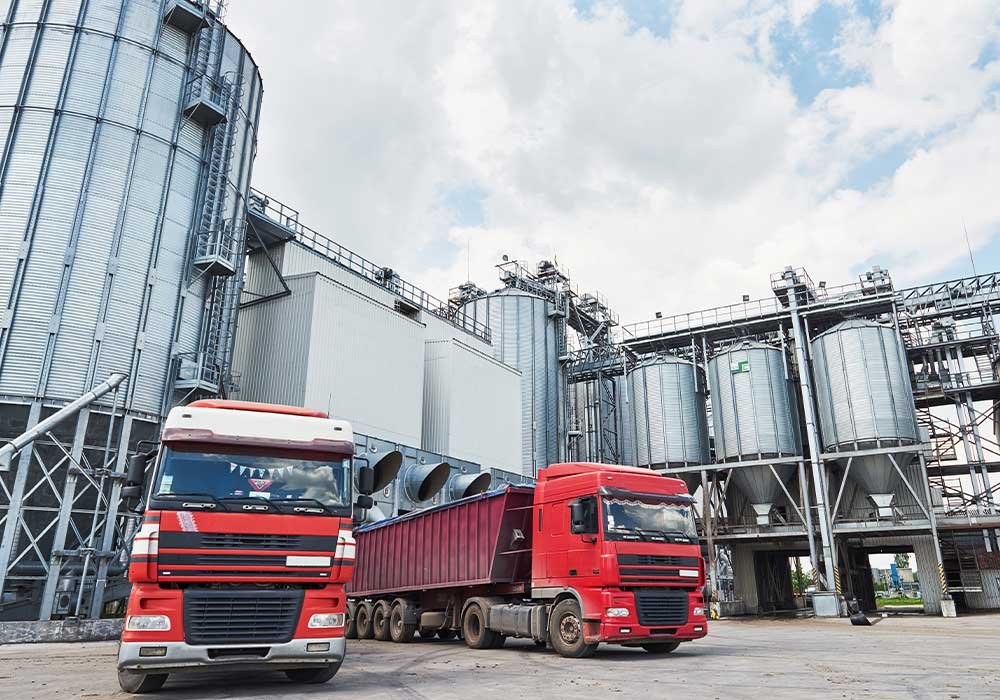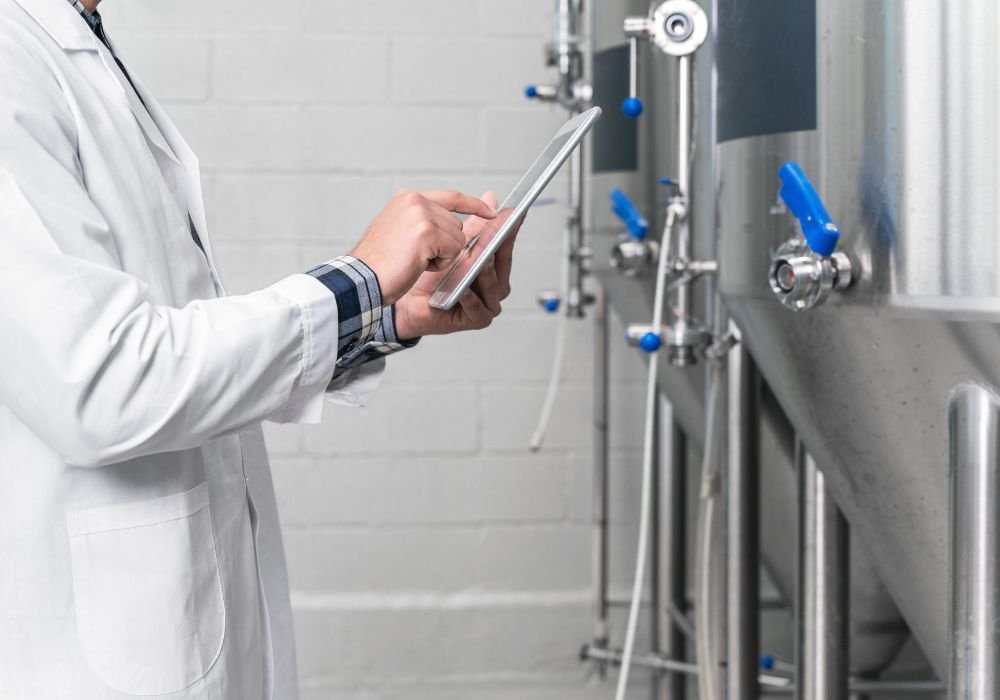
Logistics play a crucial role in the beer industry, and can have an impact on beer quality and flavours. Effective logistics in the beer industry is essential for maintaining beer quality, minimizing waste, optimizing supply chain costs, and meeting customer expectations. Below are some of the factors that can influence and affect the palatability of a beer :
1. Temperature Control: Beer is sensitive to temperature fluctuations. Improper temperature control during transportation and storage can lead to beer spoilage, off-flavours, and potential damage to the product. For example, exposure to high temperatures can accelerate the degradation of hop compounds, leading to flavour loss or the development of "skunky" flavours.
2. Light Exposure: Beer is susceptible to light-induced chemical reactions, especially when exposed to ultraviolet (UV) light. This can result in the degradation of hop compounds and the formation of lightstruck or "skunky" flavours. Proper packaging, such as using amber or opaque bottles or cans, and careful handling during transportation can help minimise light exposure and maintain beer quality.
3. Oxygen Exposure: Oxygen is a common enemy of beer quality. Excessive exposure to oxygen during transportation and handling can lead to oxidation, resulting in off-flavours, loss of hop aroma, and diminished freshness. Proper packaging, filling techniques, and minimising oxygen contact are crucial for maintaining beer quality.
4. Storage Conditions: Proper storage conditions are essential to preserve beer quality. Factors such as temperature, humidity, and cleanliness of storage facilities can influence the stability, flavour, and overall quality of beer. Inadequate storage conditions can lead to microbial contamination, off-flavours, and spoilage.
5. Transportation Delays: Extended transit times or delays in delivery can impact beer quality. If beer is subjected to prolonged exposure to unfavourable conditions, such as temperature extremes or rough handling, it can result in flavour degradation, diminished carbonation, or even the potential for spoilage.
6. Supply Chain Efficiency: Efficient logistics practices are crucial for ensuring that beer reaches its destination promptly and in optimal condition. Delays, mishandling, or logistical errors can disrupt the cold chain, compromise quality, and lead to customer dissatisfaction.
7. Quality Assurance and Traceability: Effective logistics systems include proper quality assurance measures and traceability mechanisms. These ensure that potential issues or quality concerns can be identified, addressed, and traced back to specific batches, locations, or transportation stages, allowing for corrective actions and continuous improvement.
It is crucial for breweries and distributors to work together to implement best practices in logistics, including temperature-controlled transportation, adequate packaging, rigorous quality checks, and reliable supply chain management, to ensure that beer reaches consumers in the best possible condition, preserving its quality and flavours.













